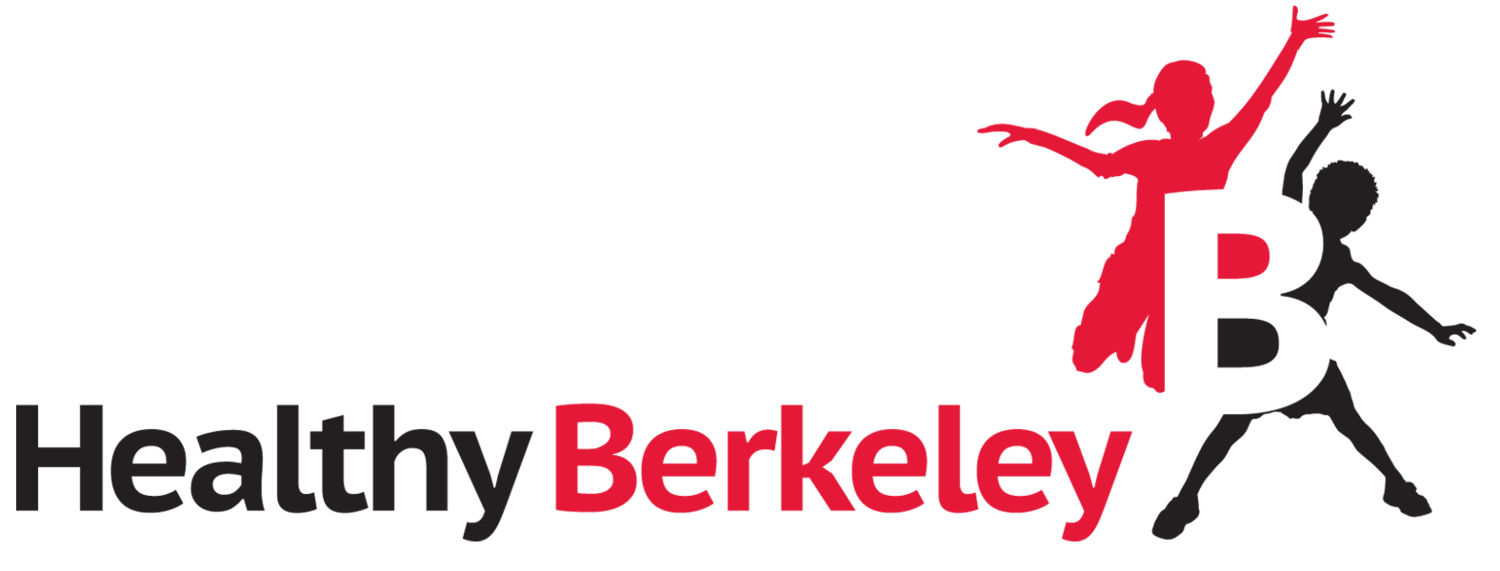CONGRATULATIONS TO THE GRANT RECIPIENTS! Berkeley City Council approved 2-year (FY18 and FY19) grants to the 5 community agencies and Berkeley Unified School District (BUSD). Read Resolution No. 67,764 N.S. for more details.
Expand Berkeley Unified School District's (BUSD) Cooking and Gardening program to reduce the number of students with nutrition related illnesses, especially among African American and Latino students. The program engages all students in preschool through high school with hands-on instructions in science, language art, environment and nutrition education in 17 school gardens, including the Berkeley Technical Academy. Measurable outcomes include: 1) improving access to water; 2) increasing knowledge and awareness of the health risks of consuming sugary drinks; 3) changing preferences for water or other non-sugar added drinks; 4) decreasing consumption of sugary drinks; and 5) increasing family engagement. The BUSD program teaches all students in after-school a nutrition and cooking curriculum at LeConte and Thousand Oaks Elementary, and Longfellow Middle Schools; and at the Berkeley Technology Academy during the classroom day with teacher collaboration. All lessons focus on reducing sugar consumption and increasing awareness. We also host family nights and school wide events at these schools that bring this same nutrition education and fun to the larger school community and families. The program will serve over 7,000 students and their families in Berkeley schools and collaborate with the District Department of Research and Evaluation to evaluate the program's success and challenges.
For Thirst - Water First! will build upon the momentum of Ecology Center’s current project (It’s Your Body - Don’t Hate, Rehydrate!) to increase awareness about the health risks of sugar-sweetened beverages and promote water consumption among Berkeley youth ages 14-22 particularly from South and West Berkeley neighborhoods most vulnerable to health problems caused by consumption of sugar-sweetened beverages. Activities such as youth peer health education, school based organizing, and counter media messaging will help teens and young adults manage daily economic and social pressures that lead to diet-related illness, and give them tools to make healthy food choices. The long-term goal is to change the food and beverage culture at Berkeley High and the surrounding community within five years so that Berkeley youth are at decreased risk for disease caused by sugar-sweetened beverages.
Thirsty for Change! is a partnership created by Healthy Black Families with the Center for Food, Faith, and Justice; McGee Avenue Baptist Church; and The Way Christian Center. The program engages African-American Berkeley residents in a broad array of fun activities such as gardening, shopping at farmers' markets, collectively cooking and eating nutritious foods, and training youth and young adult water ambassadors to present the "Rethink Your Drink" presentation. Specific goals are to prevent the consumption of sugary sweetened beverages and increase community knowledge of their associated health risks (e.g., dental caries, diabetes, and obesity). We encourage the community to drink water, eat healthy, breastfeed and exercise. Our learning and assessment team (evaluation team) captures the change in awareness, perceived increase in knowledge and observed behavior change of the participant through a robust survey tool at each activity. Thirsty for Change! will reach at least 400 youth and adults and train at least 10 water ambassadors for each year of this grant.
Through the Life Skills/Day Laborer Program, the Multicultural Institute (MI) strives to be a key instrument of health awareness and prevention aiming for overall wellness. Its Sugary Sweetened Beverage (SSB) Awareness Health project offers culturally and language appropriate information on the serious risks of consuming Sugar-sweetened beverages (SSB) and related resources to uninsured/underinsured immigrants, day laborers, and other Latino low-income families in West Berkeley. This project will serve 550 Berkeley residents by offering them informational workshops, hosting community health events, providing prevention resources, and by connecting them to key services when needed.
LifeLong Medical Care will reduce health inequities by preventing dental caries, using evidence-based practices and new technology to expand access to oral health screening, education and treatment for low-income Berkeley residents. The Dental Caries Prevention Project is a collaborative project between medical and dental services at LifeLong that builds on the trusting relationship between patients and their providers in primary care. A dental hygienist will see patients at the time of their medical visit, screen for dental caries, and provide oral health education and preventive care such as sealants. Follow-up care, if needed, will be scheduled at a LifeLong dental clinic. LifeLong will serve 55 Berkeley residents, including 34 youth and 48 low-income individuals in FY2018.
The YMCA's Diabetes Prevention Program will educate adults vulnerable to developing Type 2 Diabetes through healthy lifestyle behavior techniques. This program will be delivered to 50 low/no income adults who will be referred to Lifelong Medical and the YMCA Headstart program in Berkeley.
The YMCA's Obesity Prevention in Young Children Program will promote healthy weight and healthy nutrition and physical activity habits among young children and their families enrolled in YMCA and BUSD's Early Education Programs. Bi-lingual (English/ Spanish) educational workshops will be provided on the impacts of SSBs, importance of drinking water, healthy nutrition, and planning healthy meals.


